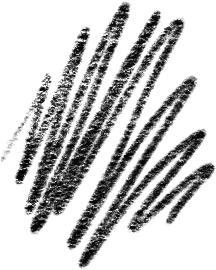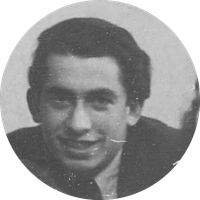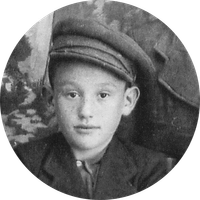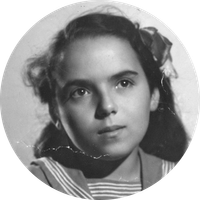Chapter 3
Starting Over in Canada
After the war, most survivors wanted to leave Europe to start a new life. But that wasn’t easy. Countries had restrictions on how many refugees they would let in. Between 1939 and 1947, only five thousand refugees were allowed into Canada. But then Canada began to open up immigration to Jewish refugees from Europe. Among these were 1,123 war orphans, who were sponsored by the Canadian Jewish community.
Scroll Down

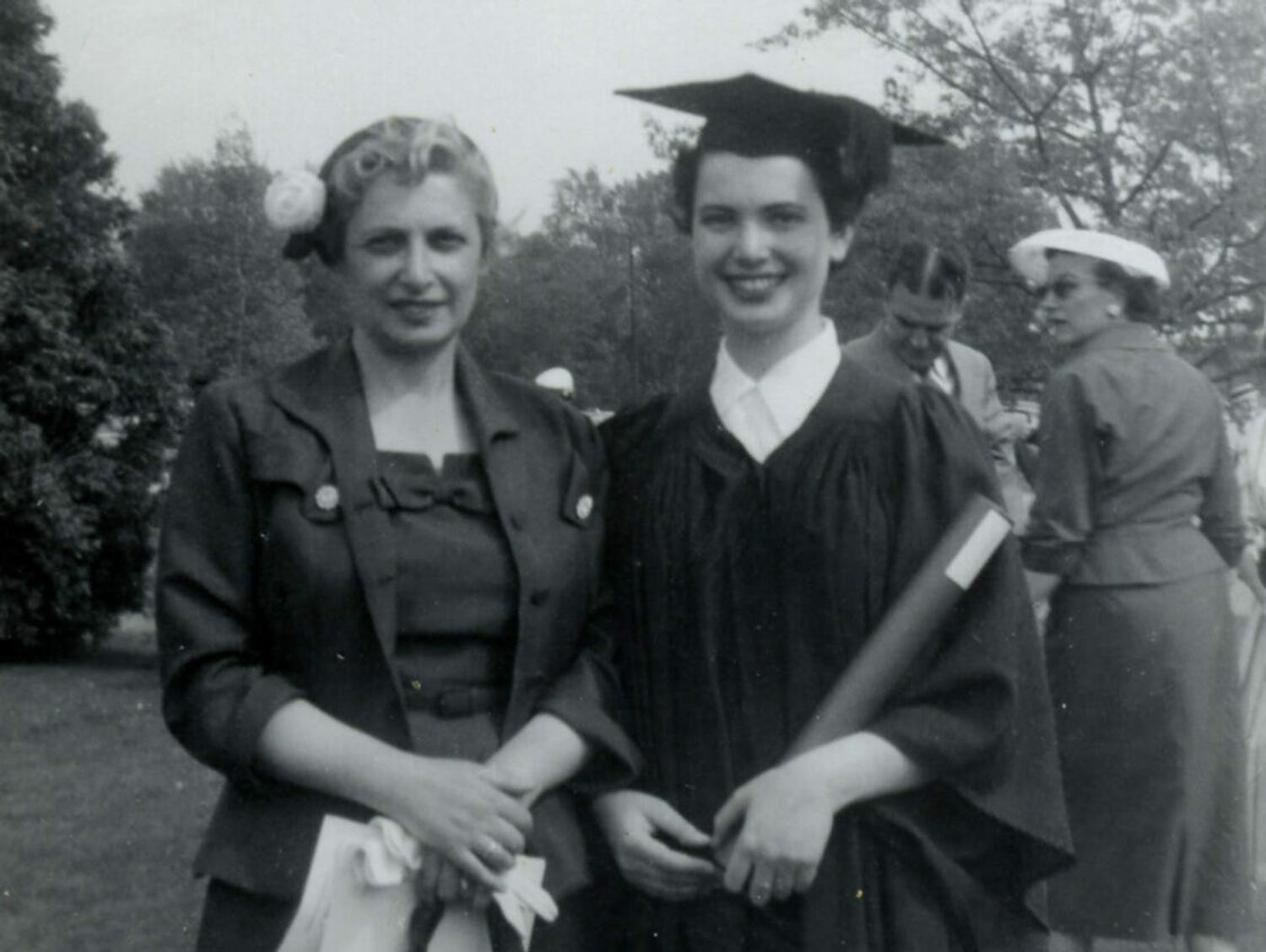
Eva Felsenburg Marx at nineteen years old with her mother at Eva’s graduation from MacDonald College. Sainte-Anne-de-Bellevue, Quebec, 1956. Azrieli Foundation, courtesy of Eva Felsenburg Marx.
Achievements
01:42
Martha Salcudean came to Canada and had a distinguished academic career in the field of engineering.
timeline
The Right to an Education
According to the United Nations Educational, Scientific and Cultural Organization (UNESCO), 258 million children and youth were out of school in 2018. The disruption of education continues to be an issue for those living in regions that are unstable and affected by conflict.
Click on “Learn more” to view a timeline of efforts to protect and empower children and youth through education.
Epilogue
You have explored the role of education in the day-to-day lives of youth before, during and after the Holocaust. You have observed what happens when school becomes a place of exclusion. You have seen how much people are willing to risk to pursue learning, and the lengths they can go to receive an education.
Based on what you have read and seen in this exhibit, what do you think is the power of education?
